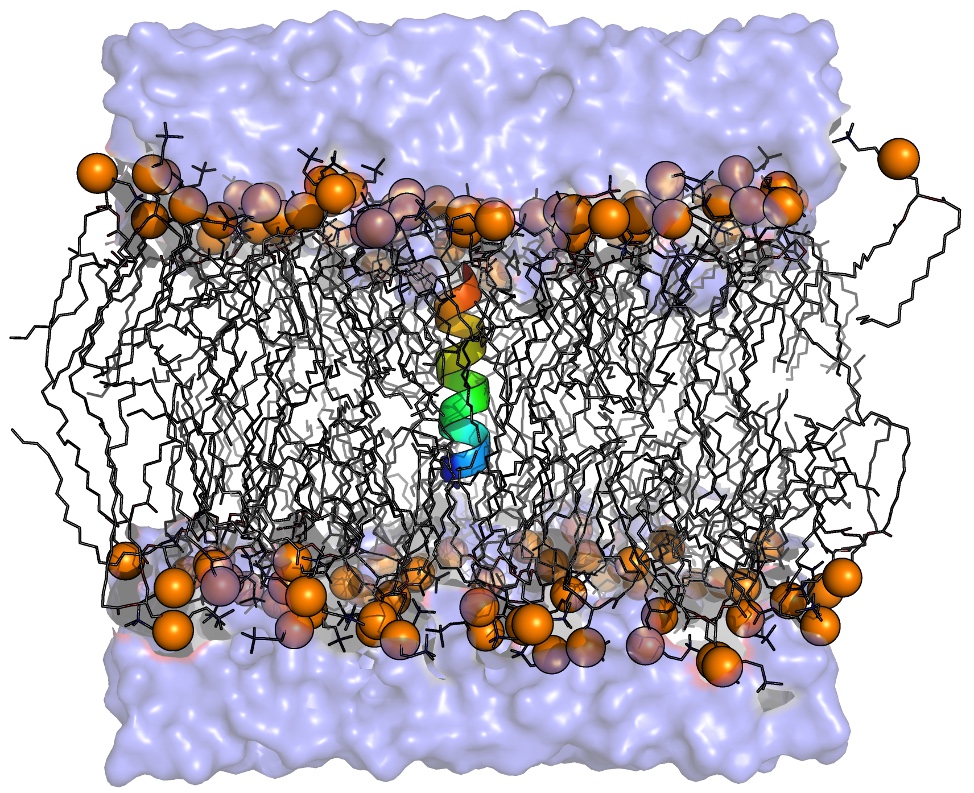From Proteins to Perturbed Hamiltonians: A Suite of Tutorials for the GROMACS-2018 Molecular Simulation Package [Article v1.0]
DOI:
https://doi.org/10.33011/livecoms.1.1.5068Keywords:
tutorials, gromacs, molecular dynamics simulation, computational chemistryAbstract
Molecular dynamics (MD) simulations are a popular technique for studying the atomistic behavior of any molecular system. Performing MD simulations requires a user to become familiar with the commands, options, and 1le formats of the chosen simulation software, none of which are consistent across different programs. Beyond these requirements, users are expected to be familiar with various aspects of physics, mathematics, computer programming, and interaction with a command-line environment, presenting critical barriers to entry in the MD simulation.
This article presents seven tutorials for instructing users in the proper methods for preparing and carrying out different types of MD simulations in the popular GROMACS simulation package. GROMACS is an open-source, free, and flexible MD package that is consistently among the fastest in the world. The tutorials presented here range from a "simple" system of a protein in aqueous solution to more advanced concepts such as force 1eld organization and modi1cation for a membrane-protein system, two methods of calculating free energy differences (umbrella sampling and "alchemical" methods), biphasic systems, protein-ligand complexes, and the use of virtual sites in MD simulations.
In this article, users are provided the rationale and a theoretical explanation for the command-line syntax in each step in the online tutorials (available at http://www.mdtutorials.com/gmx) and the underlying settings and algorithms necessary to perform robust MD simulations in each scenario.


